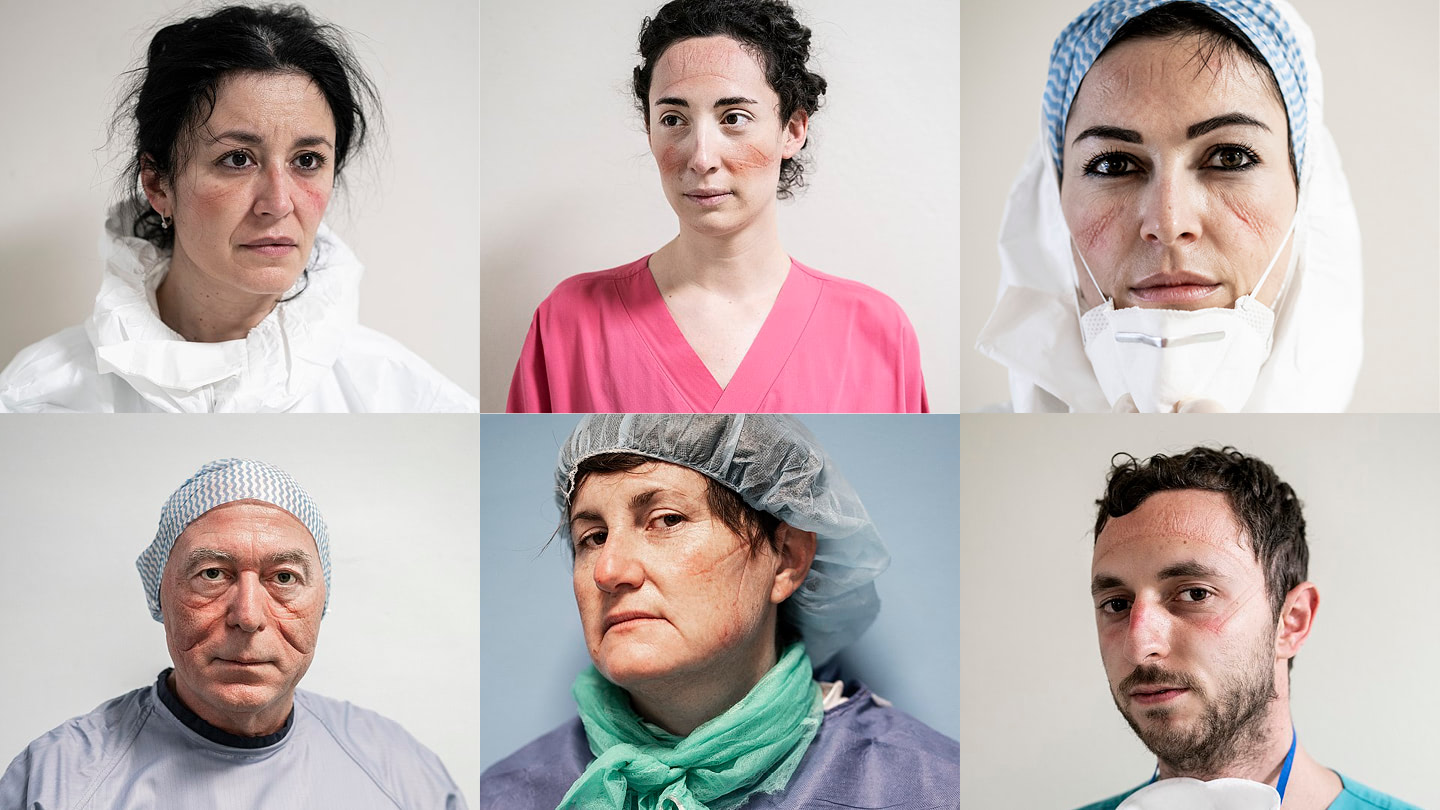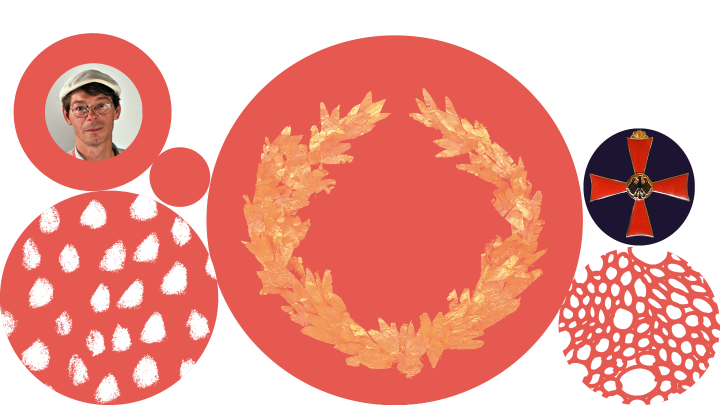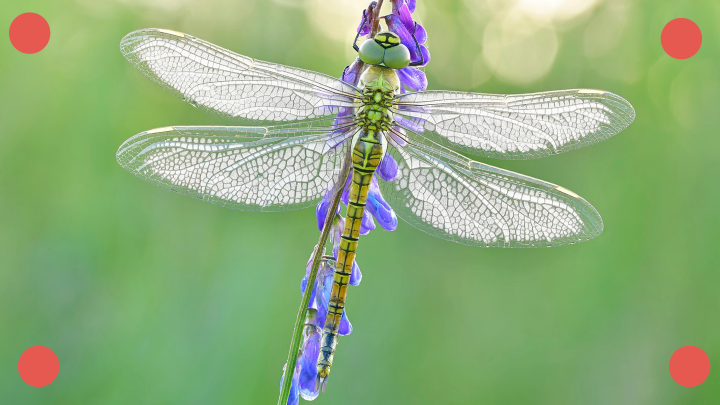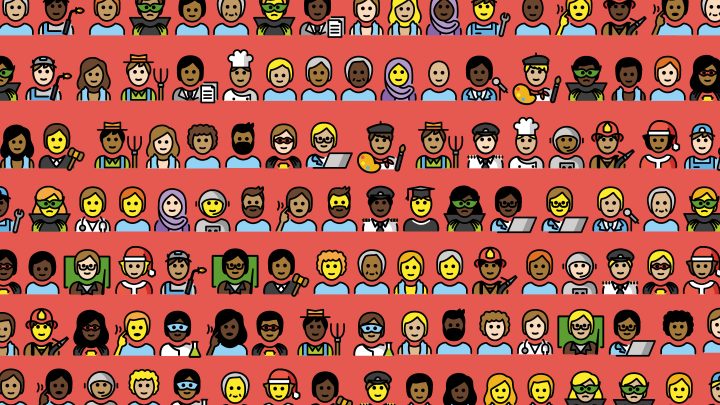In 175 languages, Wikipedia provides information on the Corona pandemic.
Uncertain times call for knowledge we can trust with certainty. Since the beginning of the Corona crisis, Wikipedia has become a global bulwark against rumors, conspiracy narratives and disinformation surrounding COVID-19. A global network of more than 200,000 volunteers is joining forces to do just that, creating, updating and translating articles on all facets of the pandemic.
“This has never happened before on Wikipedia, with a separate block on a red-hot topic being placed on the main page,” explains Wikipedian Achim, showing the screenshot of the page. In the header, Information can be accessed on “Coronavirus SARS-CoV-2 / The coronavirus disease COVID-19 / Pandemic / the situation in Germany, Austria, Switzerland, and further countries / Spatial distancing / Research on treatment and vaccine”.
The pandemic,” underlines Wikipedian Elya – who together with Achim runs the YouTube format “Unboxing Wikipedia”, which explains everything worth knowing about the Wikiverse – has shown “what we as a community are particularly good at: dealing with sources and checking facts, at the same time working together very constructively and cooperatively.”
As early as January 14, 2020, the first article about the novel pathogen SARS-CoV-2 went online on the German Wikipedia. At that time, it was only 4 paragraphs long. By March, the article had already grown to 34 printed pages, and the text on the COVID-19 disease had reached 25 pages. Thanks to the global network of more than 200,000 volunteers, Wikipedia has been educating people about how the virus is transmitted and how to protect themselves since the beginning of the pandemic. Illustrative graphics, statistics and explanatory videos were available for worldwide access and free reuse, also to create educational materials.
Pandemic information in 175 languages
A Wikimedia Foundation statistic from May 2020 lists impressive numbers: Over 5000 articles had already been published about COVID-19 at that time, texts about the disease existed in 175 languages, the corresponding pages had been accessed over 380 million times – and over 58,000 editors had contributed to COVID-19 articles.
Because of the high number of hits, the frequent updates, and because the information is vital, the texts are checked particularly closely. All medical data and facts must be supported by peer review. In order to provide serious and up-to-date knowledge, authors have joined together in thematic groups, such as the Portal:Medicine in the German-language Wikipedia or the WikiProject Medicine in the English-language edition. Many of the volunteers have medical expertise or work in the health sector themselves.
With Wikipedia through the Corona controversies
The value of this educational work has also been widely reported in the press. The portal heise online reported under the title “Hochzeiten für Wikipedia: Dauerhafte Coronavirus-Updates (Weddings for Wikipedia: Sustained coronavirus updates)” (24/3/20) about the commitment of the volunteers “Gerbil” and “A doubt” who invested much of their time in evaluating scientific sources. “It is extremely helpful that many scientific journals make their articles available in full text free of charge,” “A doubt” is quoted.
Controversies within the scientific community can also be tracked on Wikipedia thanks to volunteer authors. “Wikipedia is of course no smarter than the experts themselves,” writes the Frankfurter Allgemeine Zeitung in its text “Digitaler Ratgeber: Mit Wikipedia durch die Corona-Kontroversen” (9/10/20) – “but the documentation of the course of scientific debates available there can usually be trusted.”
Meanwhile, cooperation has also been established between the World Health Organization (WHO) and the Wikimedia Foundation. The WHO is releasing infographics, videos and information about Corona in the free media archive Wikimedia Commons under an open-content license. Volunteers can use these resources for their articles.
“Our new collaboration with the Wikimedia Foundation will improve access to reliable WHO health information across multiple countries, languages, and devices,” said Dr. Tedros Adhanom Ghebreyesus, WHO Director-General.




